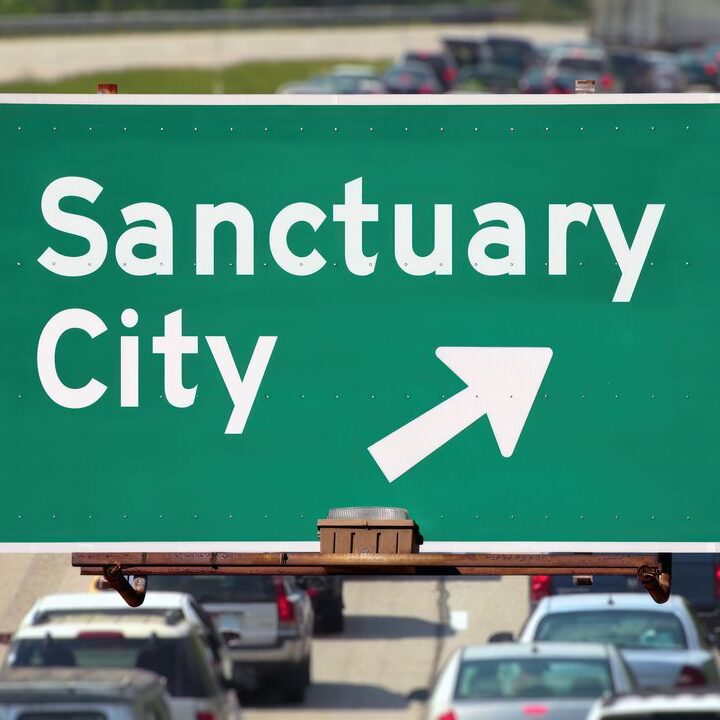National Guard fact sheet
August 28, 2025
Legal overview
- Federal law (the Posse Comitatus Act) prohibits the use of the U.S. military for domestic law enforcement activities. This ban includes the National Guard.
- The main exception is when the president invokes the Insurrection Act. President Trump has NOT done so to date in either of his terms.
- More background from Brennan Center here.
- The National Guard is generally under the direction of state governors. There are three statuses for the National Guard: state active duty, Title 10 (federalized), and Title 32 (hybrid status — paid by the federal government for federal purposes but under state command).
- Under state active duty, the National Guard is called to duty by their state governor for state-specific missions, like disaster response.
- Under Title 10, the president has some authority to federalize the National Guard and deploy them domestically to protect federal personnel and property. This authority is limited by statute and cannot be overridden by an executive order. Federalized National Guard troops are considered military and therefore CANNOT engage in domestic law enforcement unless the Insurrection Act is lawfully invoked. (10 U.S.C. 12406).
- Under Title 32, the National Guard can be called up for federal purposes but remain under state control. This is typically for the federal government to pay for training or other in-state needs, such as disaster relief. Governors must consent to any deployments of their state National Guard under Title 32. (32 U.S.C. 504(f))
Los Angeles and Washington DC
- In Los Angeles, President Trump used authority under Title 10 to federalize the National Guard to support ICE agents and other federal personnel.
- It is disputed whether this deployment was legal under Title 10. Specifically, California argues that there wasn’t enough evidence to demonstrate that “the President is unable with the regular forces to execute the laws of the United States.” (10 U.S.C. 12406(c)). This is the subject of an appeal. The district court’s order is available here. The Ninth Circuit has stayed that order.
- The same district court recently had a trial on alleged violations of the Posse Comitatus Act. This law generally prevents the president from using the military as a domestic police force.
- In D.C., the president has taken control of the National Guard and dispatched them for law enforcement purposes. This includes the deployment of out-of-state resources from other states’ National Guards.
- Because D.C. is the seat of the federal government and not a state, the president has much more authority in this context.
- In his most recent executive order, President Trump appears to invoke Title 32 authority (the hybrid status) to prepare the National Guard for deployment from one state to another. This plan seems to include potential deployments without the consent of the governor into whose state the National Guard would be sent.
- Sending one state’s National Guard into another state without the consent of BOTH governors would violate the U.S. Constitution and federal law, including posse comitatus and other restrictions on the National Guard. Essentially, if implemented, this plan would allow one state to invade another.
Talking points
- The president doesn’t have unlimited power to send the National Guard into our cities.
- It is not the job of the Guard to be involved in law enforcement.
- Local police and community leaders do vital work every day to keep communities safe. A federal power grab makes it harder for police to do their jobs and undermines public safety.
- National Guard troops do important work in communities on natural disaster recovery and border safety, and they support critical overseas missions. Diverting troops from these missions makes us less safe.
- The idea of one state’s National Guard invading another state for a political stunt is dangerous, unprecedented, and unconstitutional.
- Local governments have power and expertise to make decisions in the best interests of their communities — and they are accountable to their voters for those decisions. The president can’t decide on a whim to take over cities simply because he disagrees with their leadership.
For facts and messages regarding immigration enforcement and so-called “sanctuary jurisdictions,” please see our fact sheet here.
For questions, confidential legal advice, or requests for support from Public Rights Project, local government leaders may contact Jon Miller at jon@publicrightsproject.org.







